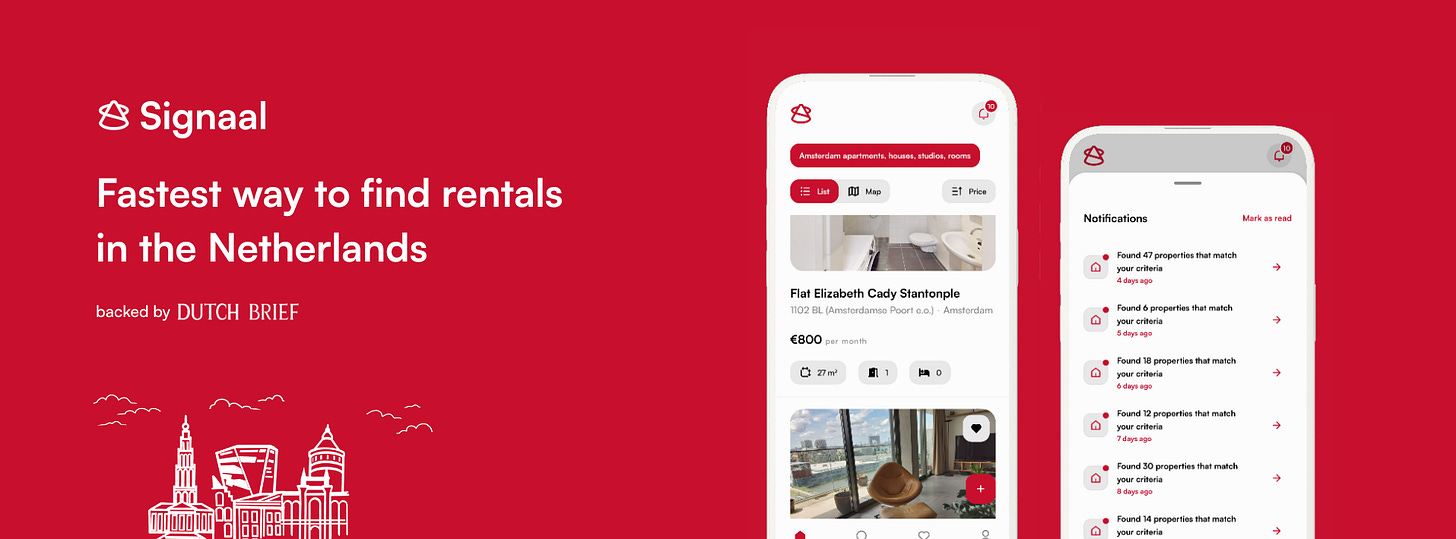GBB Asks the EU to End ISDS So Shell and Exxon Cannot Avoid Responsibility
GBB says private investor trials and other loopholes let oil firms file huge claims, avoid responsibility and risk delays to Groningen repairs and payouts.
Before we begin, a quick shoutout to our sponsor, Signaal:
Looking for housing in the Netherlands?
Signaal helps you skip the endless scrolling by tracking new listings from trusted platforms and alerting you when something matches your needs, all in one easy-to-use app.
The Groninger Bodem Beweging (GBB) is taking its case to the European Parliament today. At an event hosted by Friends of the Earth Europe and SOMO, the residents’ group will explain how ISDS (a system that lets foreign investors sue governments in private arbitration) affects Groningen’s gas-quake recovery. GBB says Shell and ExxonMobil are using ISDS to file multi-billion-euro claims against the Dutch state over lost profits from ending gas production, even while many residents still wait for home reinforcement and fair compensation.
What is ISDS, Simply Put?
Instead of going to a normal court, a company can take a case to a closed arbitration panel. In March/April 2025, an arbitral ruling gave Shell and Exxon access to Dutch financial data around Groningen recovery measures, worrying residents who fear more delay and second-guessing of damage reports. The caretaker cabinet has since paused talks with NAM (the Shell/Exxon joint venture that ran Groningen) about who pays which costs; a new cabinet must decide what to do next.
GBB’s message to MEPs is straightforward: end ISDS so affected communities aren’t left behind while large companies press claims in secret. Their view is that Groningen shows the imbalance clearly: slow public procedures for residents versus fast, high-stakes investor cases behind closed doors.
The treaty backdrop is shifting in Europe. The EU and the Netherlands are leaving the Energy Charter Treaty (ECT), the pact most often used for energy-sector ISDS claims. But there’s a catch: a “sunset clause” can keep protections alive for years after exit, and older bilateral investment treaties with ISDS are still on the books. That is why GBB wants EU lawmakers to go further and close remaining ISDS routes.
Why this Matters
Groningen still faces a long road to home strengthening and damage payouts. Residents worry that investor cases (by adding pressure and paperwork) could slow decisions on the ground. International coverage notes the Dutch state now faces paying the full public bill for repairs and potential extra compensation to oil majors under investment rules, which GBB calls unacceptable.
GBB is asking Brussels to help fix the rules, so the Groningen recovery is decided in the open, by public institutions answerable to citizens, not in private tribunals where communities have no seat at the table.




